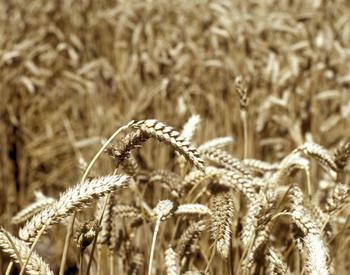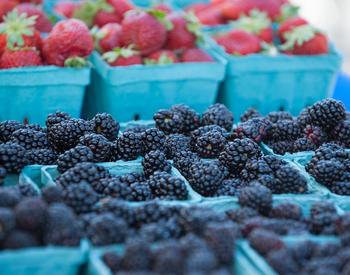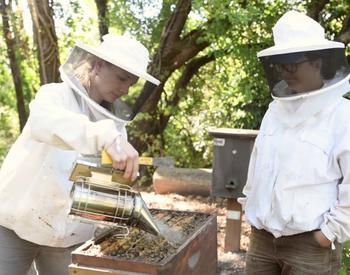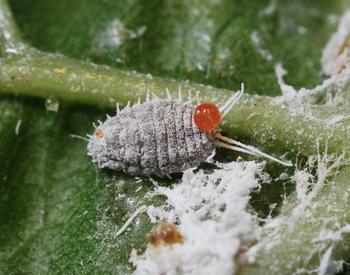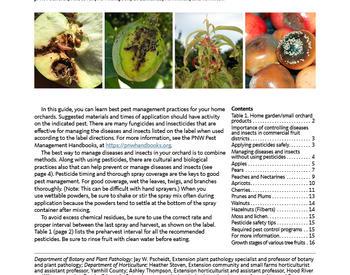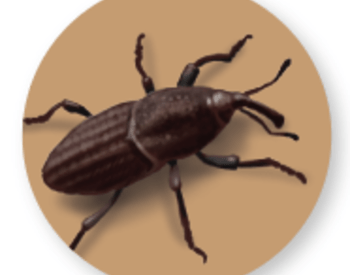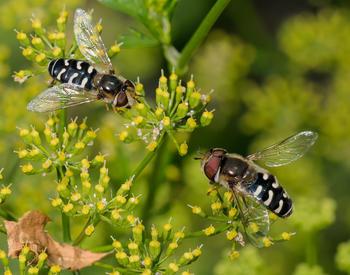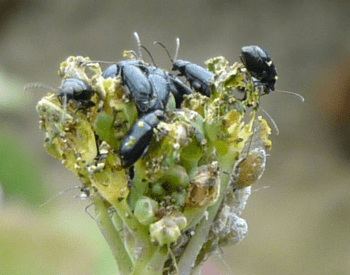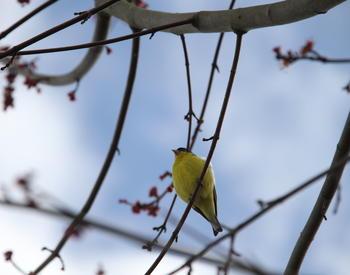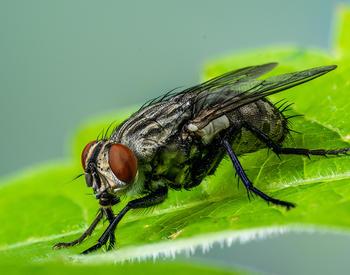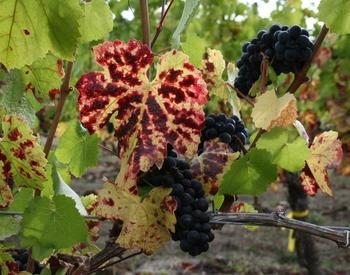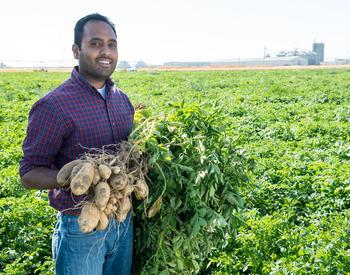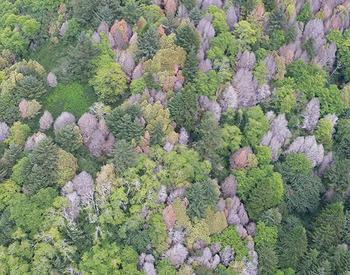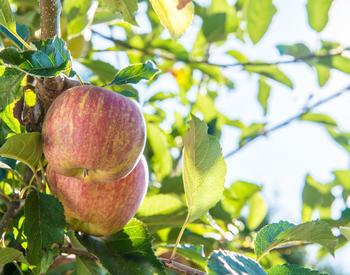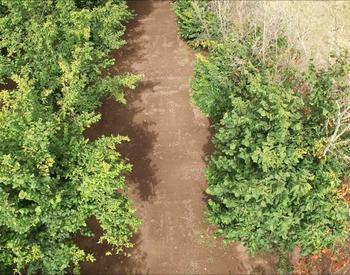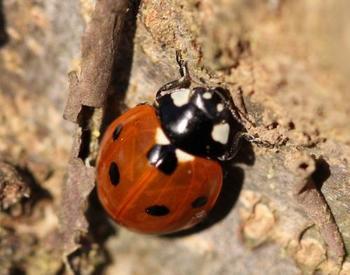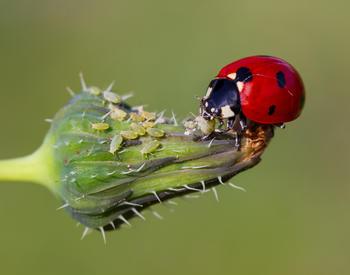Transcript
Hello, my name is Max Combest, and I'm a second-year Master's student and USDA NIFA at Oregon State University. My advisor is Aymeric Goyer, and we're located at the Hermiston and Agricultural Research and Extension Center in Northeastern Oregon.
We study the chemistry and molecular biology of potatoes, with the long-term goal of improving their nutritional value and resistance to diseases. Potatoes are a staple crop grown worldwide, and more than half of the potatoes produced in the US are grown here in the Pacific Northwest. As such, potato scientists here at the station are working to tackle important problems facing the potato industry. My specific project relates to Potato Virus Y, or PVY, a devastating viral pathogenesis of potatoes. PVY is an aphid vector virus that is responsible for millions of dollars of losses to potato production each year.
Once PVY infects a plant, it can cause symptoms such as yellowing, wrinkling, and mosaic of the leaves. These symptoms reduce the photosynthetic yield of the plant and in turn, reduce the yield of the crop. There are different strains of PVY, each with different genomes and properties. In the Pacific Northwest, PVYo used to be the dominant one, but it has now almost disappeared. This left space for the necrotic recombinant strains, PVY N-Wilga, and PVY NTN, the latter of which can produce ring spots on the surface of the tuber in some varieties, a disease known as Potato Tuber Necrotic Ringspot Disease. Tubers with these symptoms are completely unmarketable and represent a total loss.
Growers have limited options to control PVY. Controlling aphids with insecticides is one option. However, because aphids transmit PVY to the plant very rapidly within seconds, most insecticides do not act fast enough to provide efficient control. The application of mineral oil to block transmission is another option. But mineral oil can be toxic to plants. The third option that growers have is to plant varieties that are resistant to PVY. Unfortunately, very few of the varieties currently grown in the Northwest are resistant to the strains that are being found in grower's fields.
To develop varieties that are resistant to dominant PVY strains, it is crucial to understand, at the molecular level, how potato and PVY interact and to identify genes that confer resistance. I am interested in a type of immune reaction known as the hypersensitive response, or HR. Plants displaying HR will develop necrotic lesions at the point of infection in order to wall off the virus from the rest of the plant. Before I arrived at the lab, our group had identified a number of genes that were responsive to PVY inoculation.
We hypothesized that these genes are important elements in the interaction between potato and PVY. My research aims at characterizing these genes. To do so, I'm using a combination of tools that involve bioinformatics, genetics, biochemistry, and physiology. In particular, I'm using a biotechnological tool called CRISPR to create mutations in the genes of interest. Then, I grow these plants in a greenhouse, inoculate them with PVY, and observe for any differences in the symptom development compared to the control. I hope that my research will strengthen the body of knowledge of the potato PVY interaction and inform the decisions of breeders for bolstering their variety's resistance to PVY. I want my work to help the potato industry for the good of the growers and consumers in the Pacific Northwest and beyond.
Tackling Potato Virus Y, a Persistent Problem in Potato Production. Oregon State University Masters student Max Combest explains issues related to Potato Virus Y (PVY). He is doing research of PVY in potato production in the Pacific Northwest and worldwide. He is looking to understand the interactions between potato and PVY. He uses biotechnology tools like CRISPR to study two genes associated with the hypersensitive response of potato to PVY.
More info: Goyer Lab
Catalog - EM 9257
